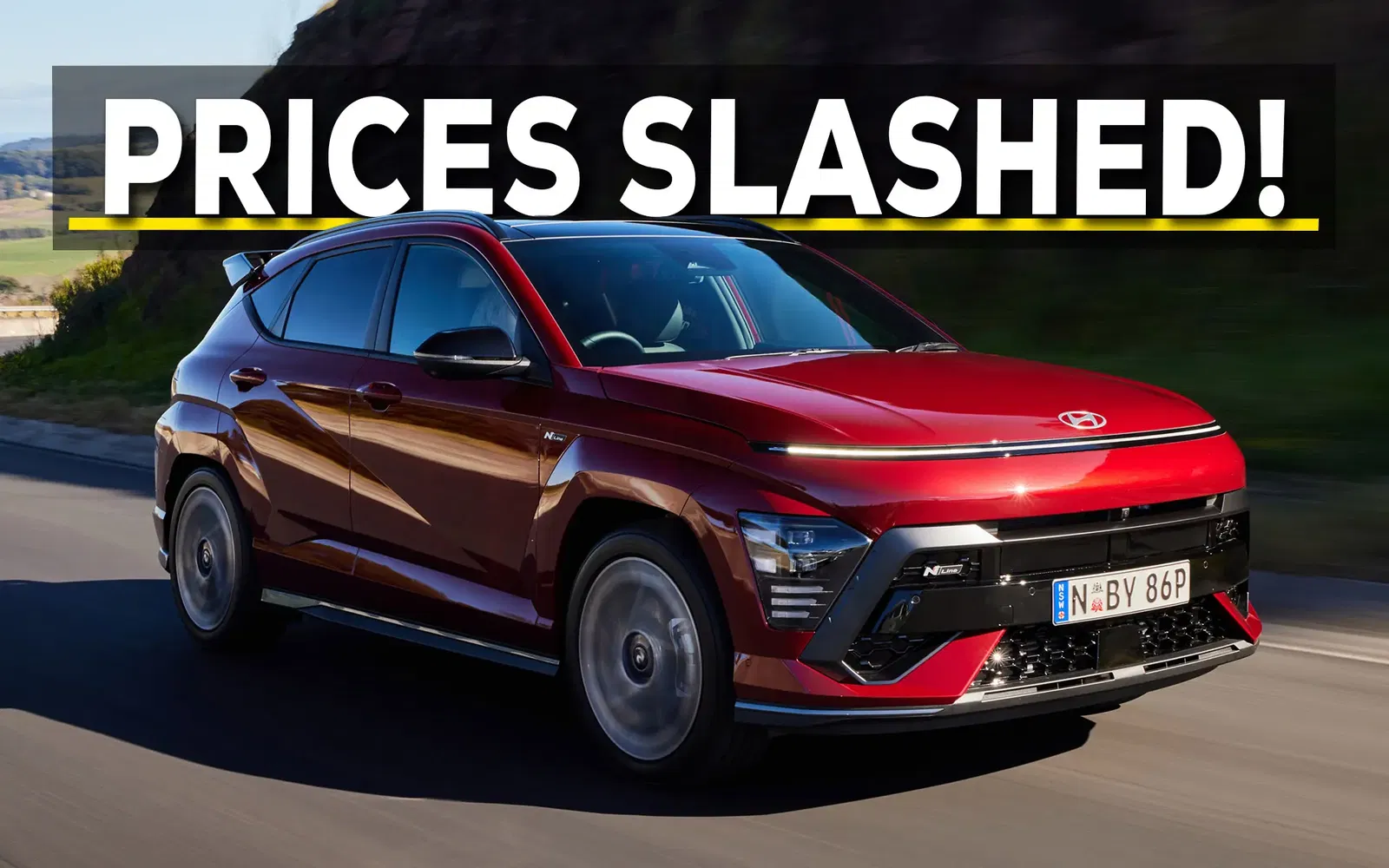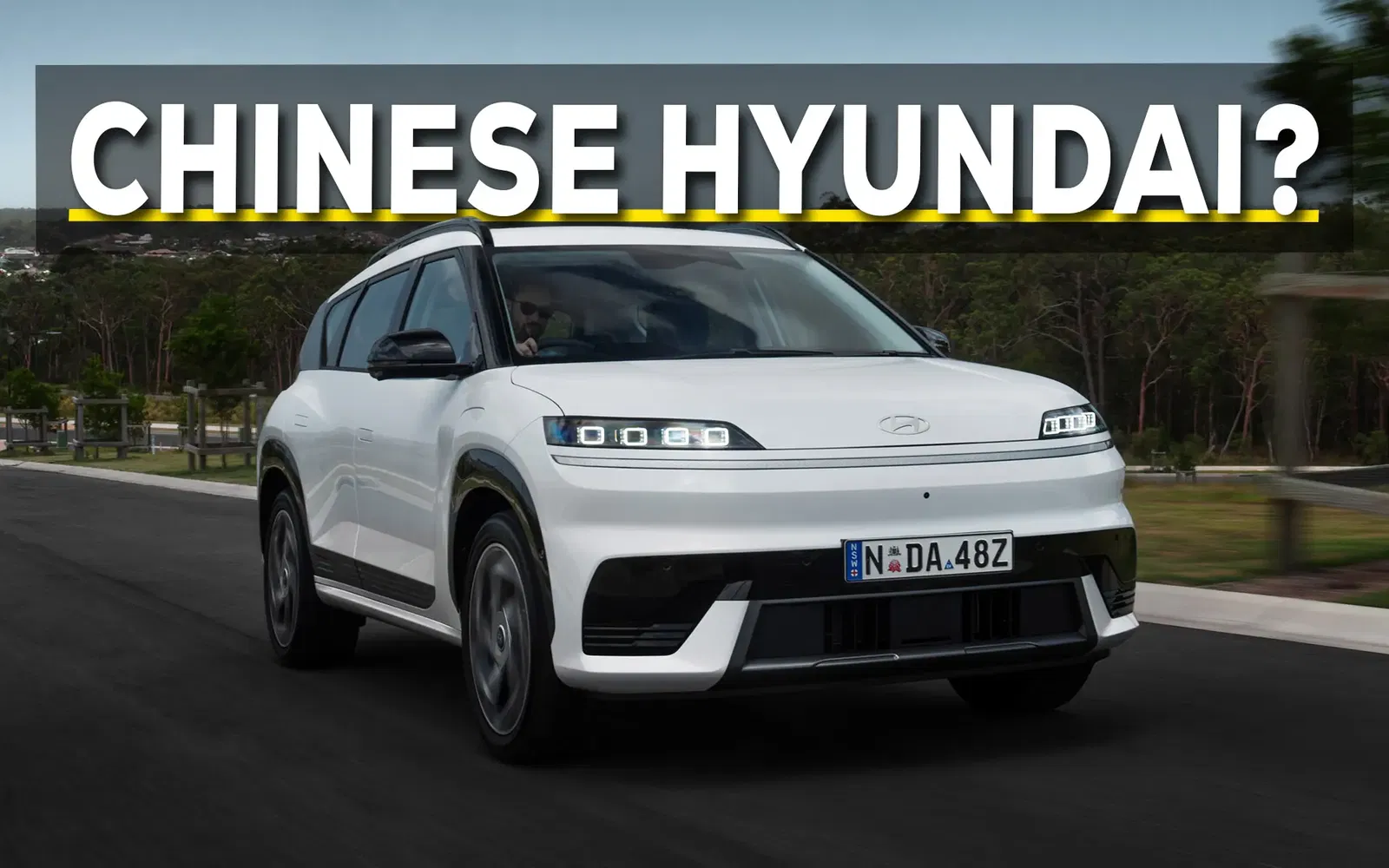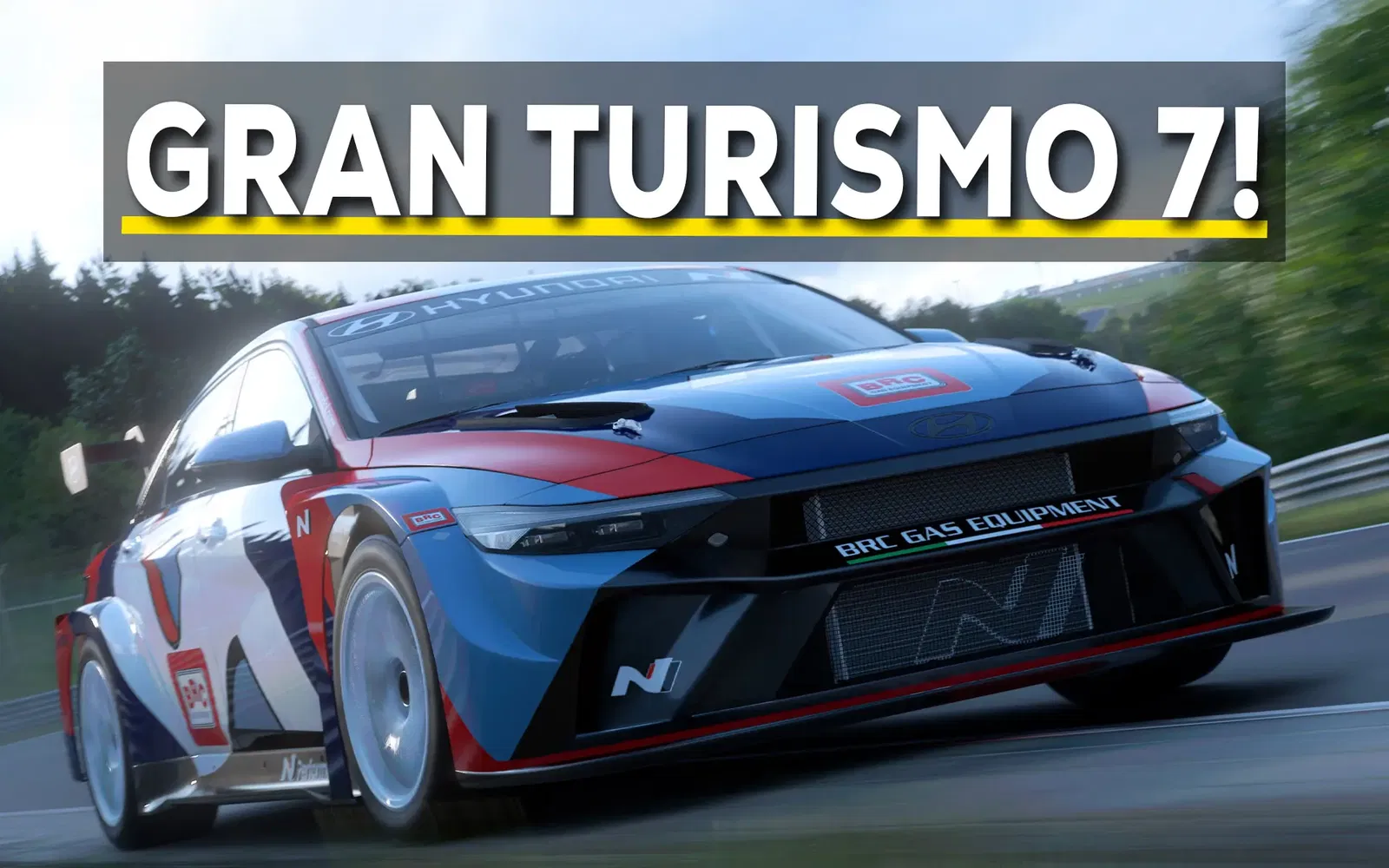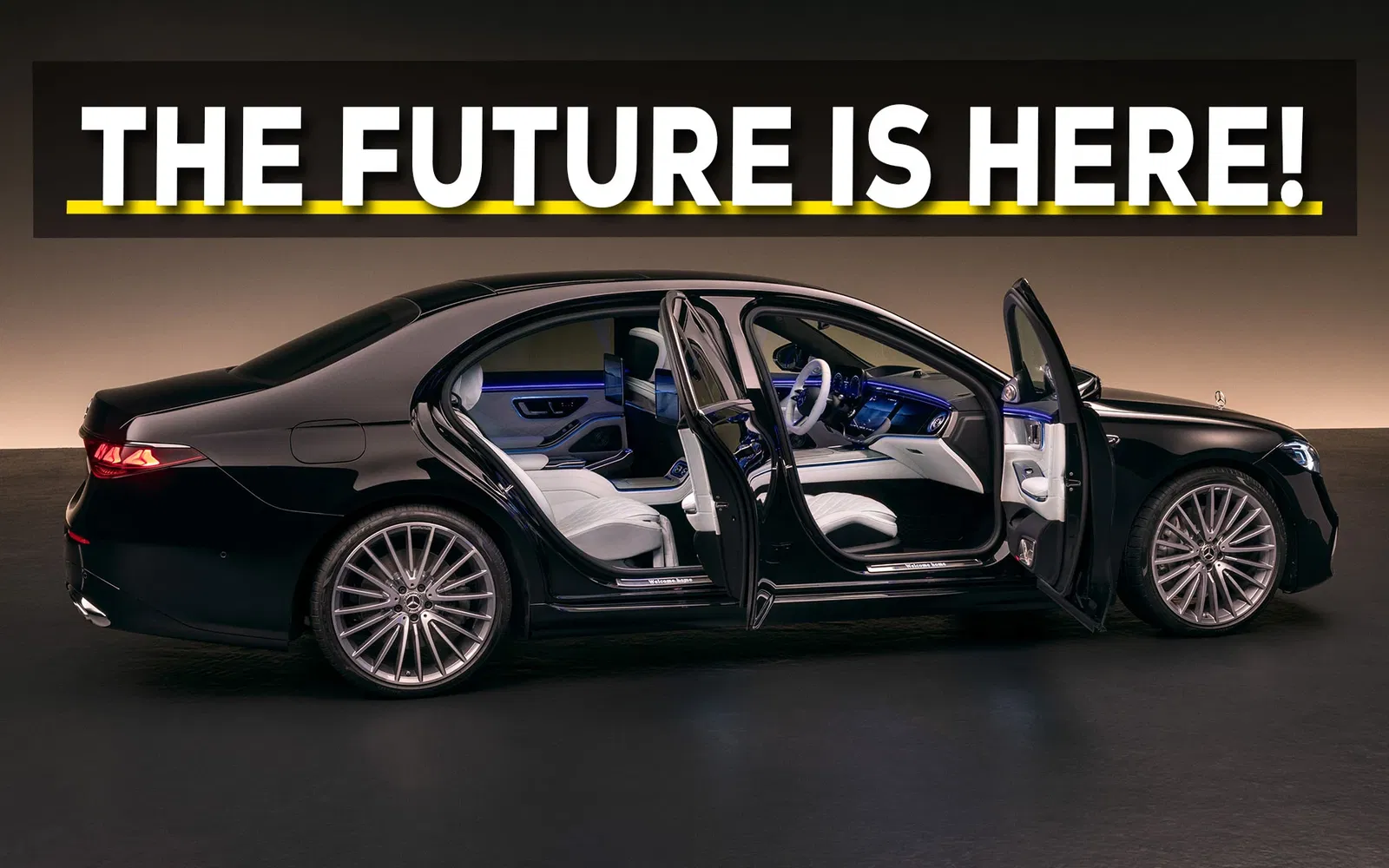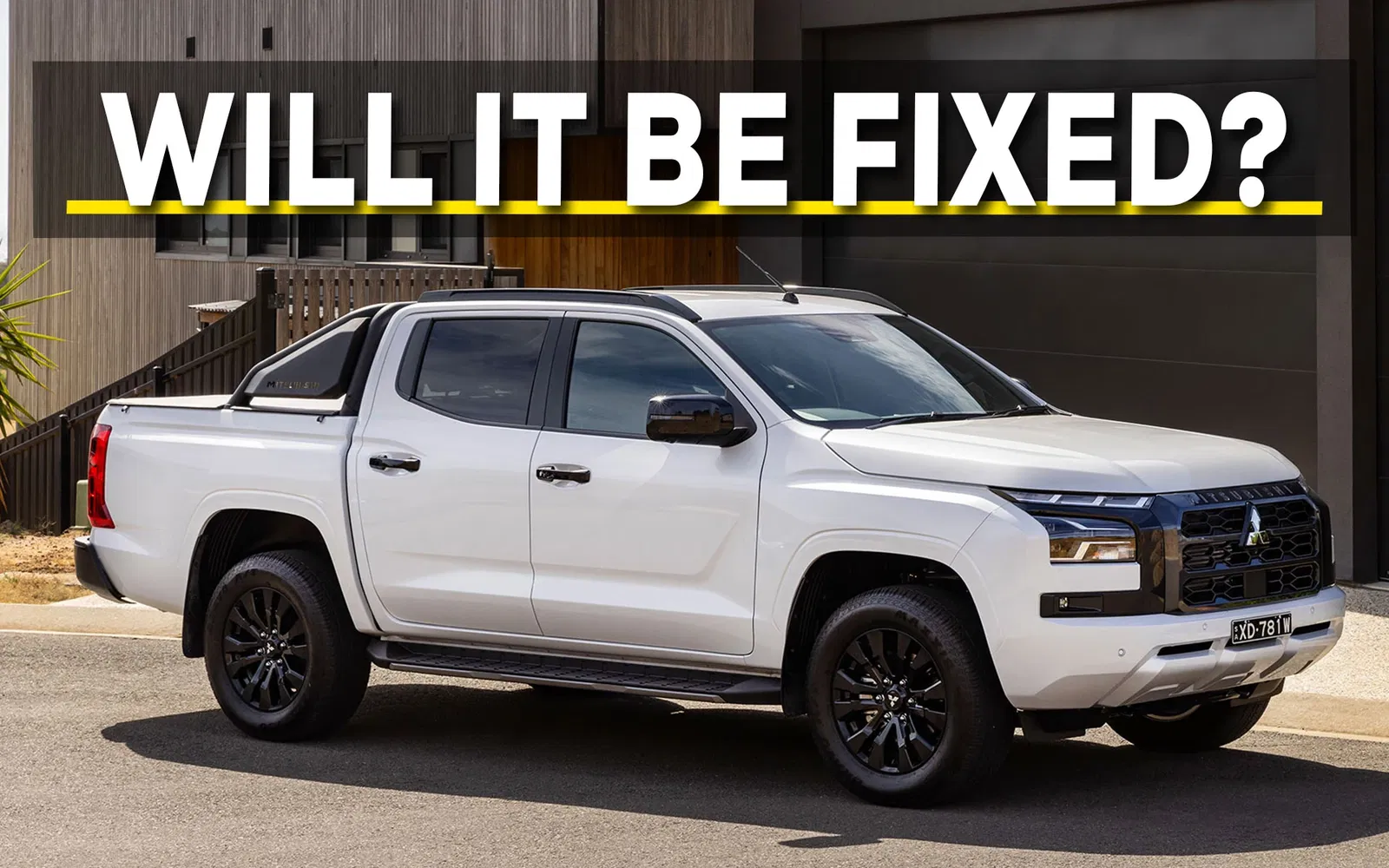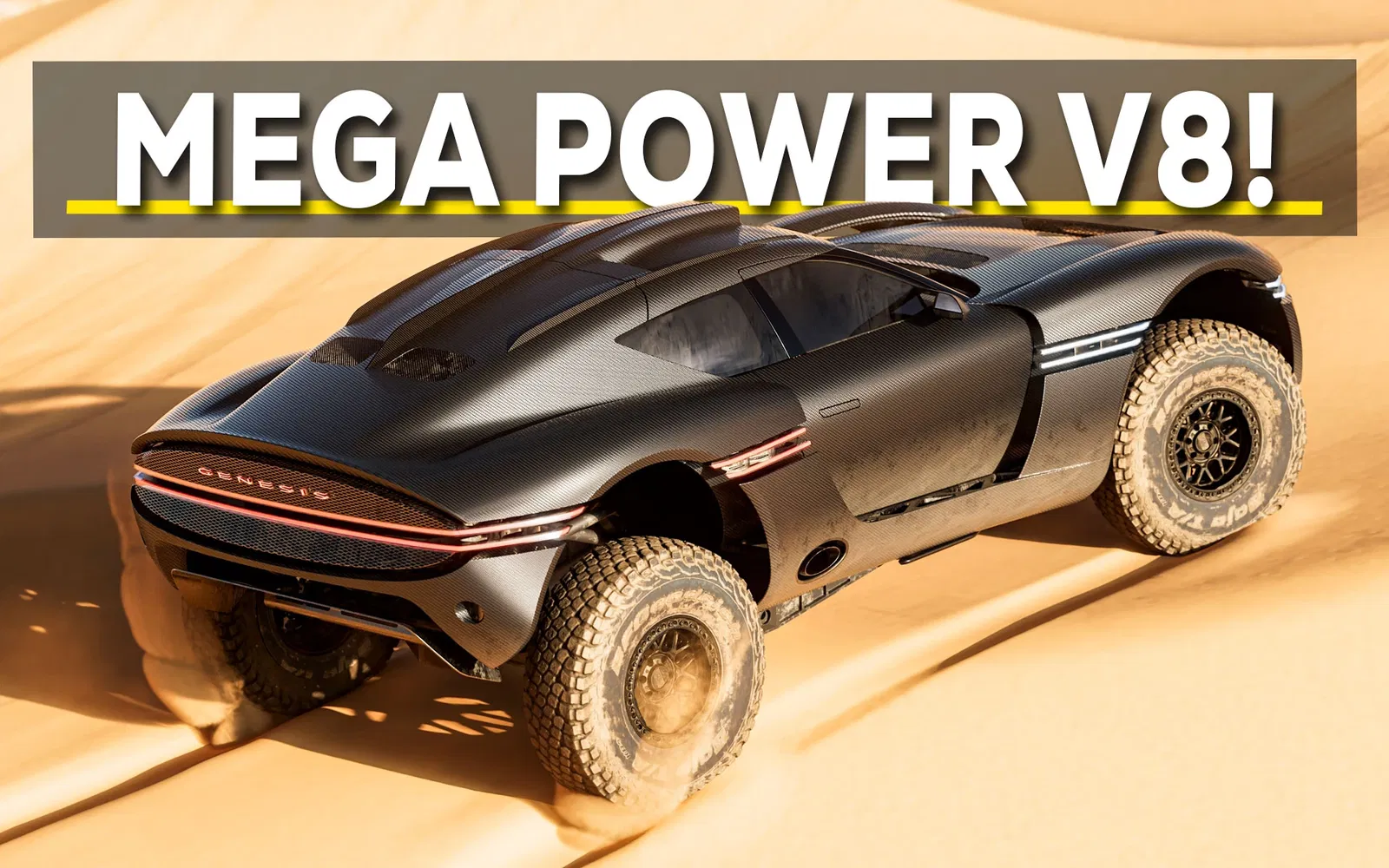Hyundai has confirmed that next-generation N models will include hybrid powertrains, as the brand prepares to meet tightening global emissions standards without compromising its performance-focused DNA.
Speaking at a media roundtable attended by CarSauce, Manfred Harrer, Executive Vice President and Head of Genesis & Performance Development Tech Unit, revealed that the company is actively developing hybrid versions of future N vehicles, including successors to fan favourites like the i20 N and i30 N.
“Definitely one of them has a hybrid, yes,” Harrer said when asked whether the next i20 N or i30 N would feature electrification.

Currently, the Hyundai i30 N is powered by a 2.0-litre turbocharged petrol engine producing 206kW and 392Nm, launching from 0–100km/h in 5.3 seconds. Meanwhile, the i20 N uses a 1.6-litre turbocharged engine making 150kW and 275Nm, paired exclusively with a six-speed manual gearbox, and capable of hitting 100km/h in 6.2 seconds.
Despite their strong performance credentials, both models will need to evolve as emissions regulations tighten - particularly in Europe. Harrer confirmed that ICE-only N models will likely disappear from European markets, while other regions, including Australia and the U.S., will continue to receive a mix of ICE and hybrid offerings.
“In Europe... I think we are not offering ICE cars as standalone anymore. It’s too hard with the regulations... So the market in Europe [will be] more on the ICE hybrid side, and for the rest of the world you see ICE cars, ICE hybrid cars.”

Rather than using plug-in hybrid systems, Hyundai N will lean into series-parallel hybrids, which combine internal combustion engines with electric motors for both efficiency and performance. Bräunl sees hybridisation as a tool not just to meet compliance targets, but to enhance drivability.
“I believe for a performance car on an ICE base, the hybrid is the better solution,” he said. “We are working on dedicated strategies to bring performance and hybrid together… not only from drivability or fuel economy side, [but] also bring the performance idea to such kind of cars.”
The company also plans to improve damper and suspension technology in future N cars, giving drivers greater control over ride comfort and handling balance.

Hyundai’s hybrid plans sit alongside its growing portfolio of electric N models, including the IONIQ 5 N and the upcoming 6 N. While those serve as halo products, Bräunl reaffirmed that combustion performance cars still have a future - where regulations allow.
With hybridisation now confirmed, the next generation of Hyundai N cars looks set to retain their enthusiast focus while adapting to a rapidly changing regulatory landscape.




FAQ
Sign up to our newsletter
Be the first to know when we drop new car reviews.
.avif)

